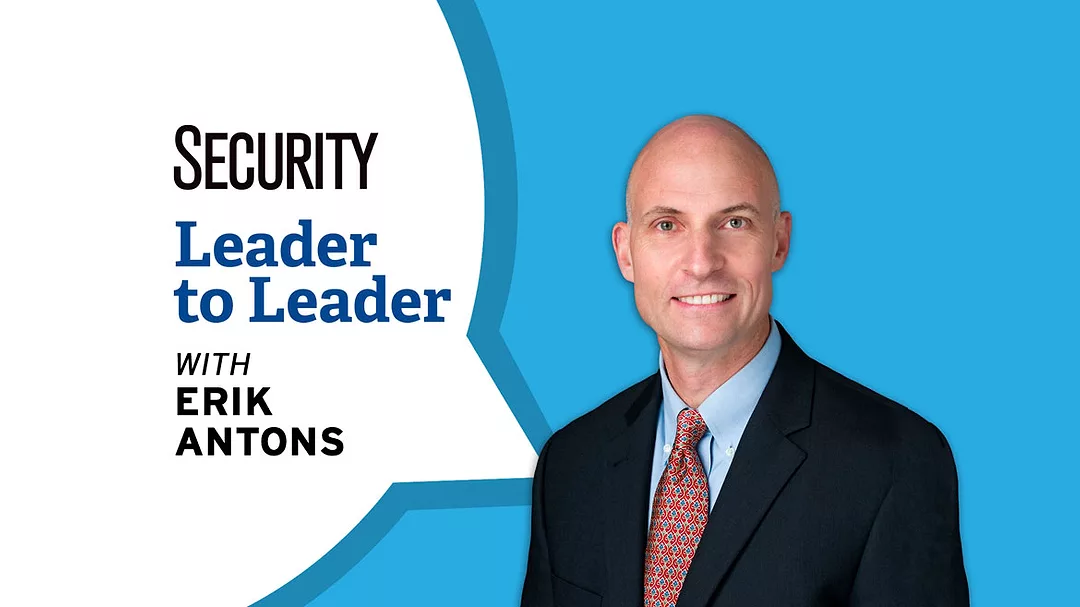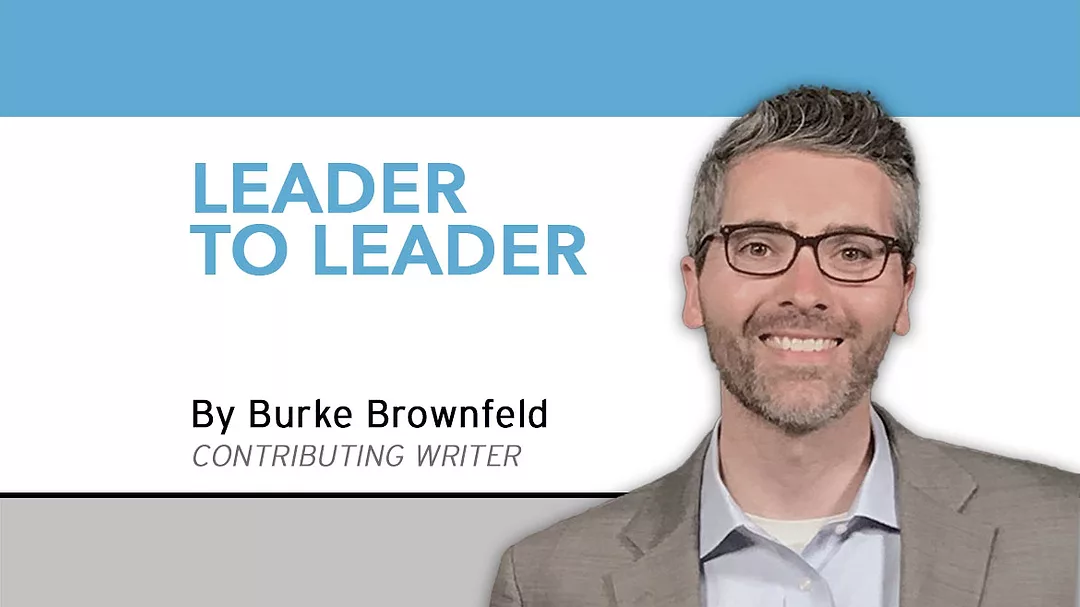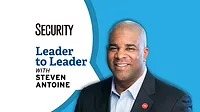Leader to Leader
Delivering value to corporate security

Image courtesy of Antons

Erik Antons is the Chief Security Officer at Whirlpool Corporation, where he oversees corporate security programs for more than 80,000 employees in over 170 countries. Antons’ pathway to Whirlpool was anything but ordinary. His career started in the private sector where he worked not only in real estate, but also managed an adventure travel company. Later, Antons spent 10 years with the Diplomatic Security Service as a Special Agent, where he held a wide variety of positions around the globe. More recently, he has held leadership roles at Sempra, Hyatt Hotels and now, Whirlpool Corporation. I recently had the opportunity to connect with Antons about his career and perspectives on corporate security.
Burke Brownfeld: Prior to working in the corporate security space, you had an interesting blend of public and private sector experiences, including being a Special Agent with the Diplomatic Security Service. How would you describe your transition experience into corporate security?
Erik Antons: My case might be a little bit unique in that I started out in the private sector before going to the government and then transitioning back to the private sector. I ran an adventure travel company for a while, and it afforded me some incredible opportunities to travel around the world. After 9/11, I refocused on being part of something bigger than myself, so I joined the Army National Guard at age 33 and, shortly thereafter, the Diplomatic Security Service (DSS). When I went to the government, life became somewhat comfortable and predictable. When I decided to leave the DSS, I still really enjoyed my job, but just felt I wouldn’t reach my full potential. When I joined Sempra, my colleagues had similar backgrounds, which really helped because I missed the camaraderie of the DSS. The actual work was similar to what I had experienced in an embassy environment. For example, structurally, the CEO is similar to an Ambassador. The executive committee is similar to the country team. One of the great things about the DSS is that we were used to being support elements for the other departments. We answered to a person who rarely had a security background.
Brownfeld: Given the challenges we have faced with COVID-19, as well as a new perspective on the concept of remote or hybrid workforces, what does the future of corporate security look like?
Antons: I agree that our office environments are going to change in the near term. Most companies are opting for a hybrid approach, but a lot of people also forget that some industries are not solely based on so-called “knowledge workers.” Our plants have experienced a few brief interruptions in production related to the pandemic, but as a whole, they have remained up and running throughout this challenging time. We asked our workers to show up every single day during the pandemic, and they rose to the challenge. So, in manufacturing, it hasn’t really changed a whole lot. And I truly think that when it’s all said and done, this two-year experience — let’s hope it’s no longer than that — is going to be just a blip on the timeline of human evolution.
Brownfeld: As a Chief Security Officer, what is your strategy for delivering value back to your business through the context of a corporate security program?
Antons: Security practitioners are always, first and foremost, business enablers. We understand and implement security controls as part of a larger risk management framework. I remember speaking with a regional president at a former company, and he said, “You know, your department is just a cost center. What are you going to do when you have the fundamental elements in place within this company? Why would we need you anymore?” I responded, “Which of your departments is NOT a cost center? There are plenty of legal and HR firms out there which would love to have your business, yet you still employ in-house counsel, in-house HR professionals and others. Why? The answer is, you need a trusted in-house professional who understands the company culture, standards and plans for the future... someone with skin in the game who can look out for the company’s best interests.” I maintain, nothing replaces a trusted in-house professional.
Brownfeld: Diversity and inclusion is a major priority for many large corporations. What do you think can be done to help make the corporate security community more diverse and inclusive?
Antons: We’ve all read the studies that show conclusively that the best decisions come from diverse groups, not individuals with the same backgrounds. And I have heard statistics that say 80 to 85% of CSOs are white males, so we have some work ahead of us.
We need to continue discussing diversity, equity and inclusion and consider all elements, including community, social life and institutional dimensions. We can’t get hung up on just what we see and hear.
The first key seems to be establishing awareness of all of the various dimensions and then taking the extra time to establish a diverse pool of candidates. If this is done, and these people are all qualified, then you’re probably going to get a more diverse workforce.
Brownfeld: What is something about you that people may not see on your resume, but that you feel is an important aspect of your identity?
Antons: Nobody likes to talk about it because it's intensely personal at times, but it’s probably my faith. I’m a Christian. I attended a Catholic school growing up, but have also attended several Protestant and non-denominational churches throughout my life. No matter what church, if you’re a Christian, it always comes back to the Bible. It has a lot of value. If nothing else, even if you’re not a believer, it’s an incredible guide for avoiding chaos in life. And no matter what a person’s faith is, there’s always something very humbling and noble in recognizing that we are not the center of the universe; we don’t have it all figured out; and we can’t control everything around us.
Brownfeld: What would your advice be to someone who would like to one day be a CSO at a major corporation?
Antons: Focus on the fundamentals. Today, everyone wants to be an “influencer.” You can’t be a legitimate change agent or thought leader without first having a firm grasp of the fundamentals, conceptually and operationally. That simply comes from leaning forward and having the desire and committing the time to actually learn the material. It comes from seeking out opportunities to simply get out there and do the job, recognizing that you might fail.
There is so much more that I need to know. The education never stops. And whether you seek it through formal or informal means, we need to constantly improve at what we do. Also, don’t pin yourself into a corner. Don’t ever think of yourself just as an executive protection agent, intel analyst or physical security engineer. Think of yourself as a security risk manager who understands the value of implementing security controls as part of a much larger enterprise risk framework.
Looking for a reprint of this article?
From high-res PDFs to custom plaques, order your copy today!








